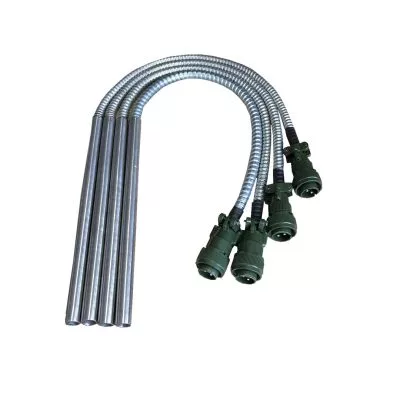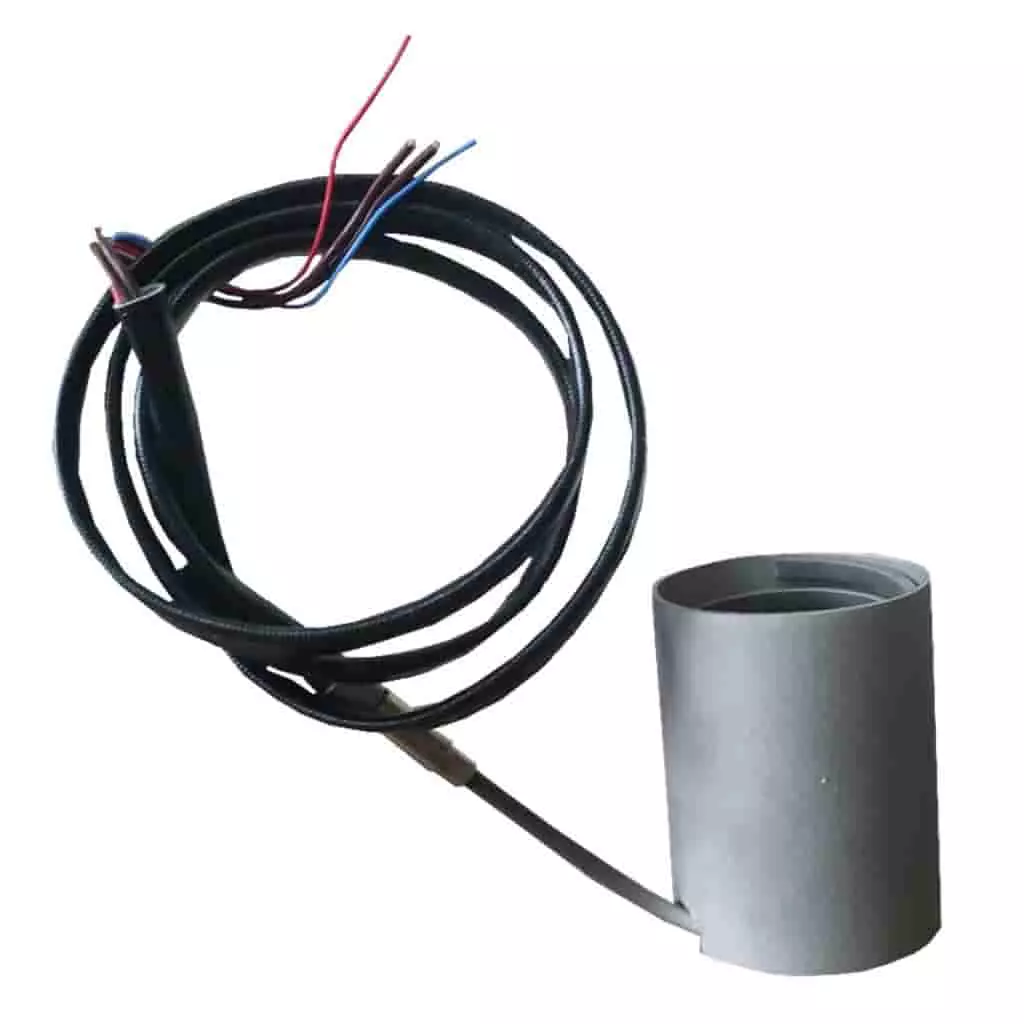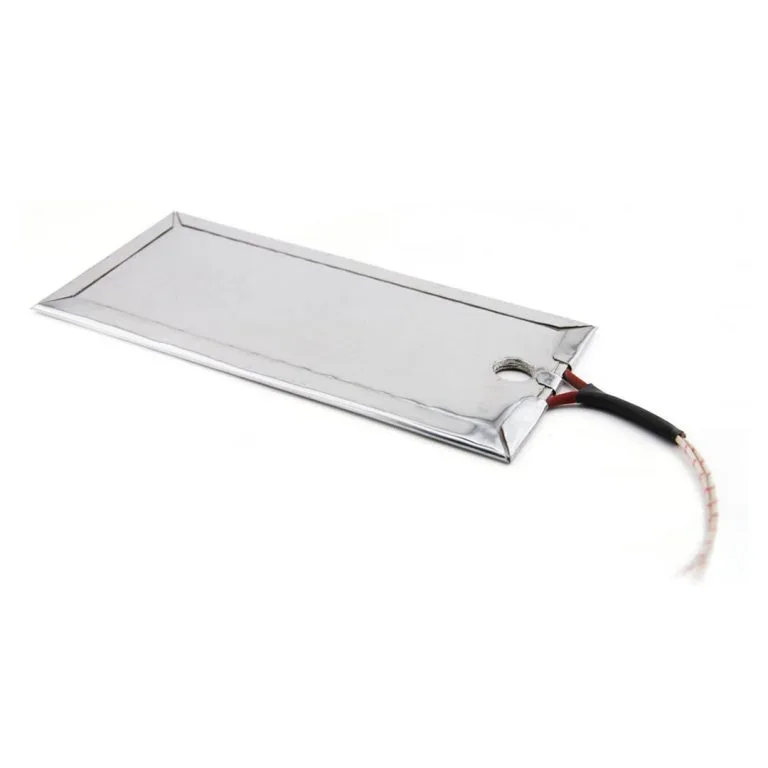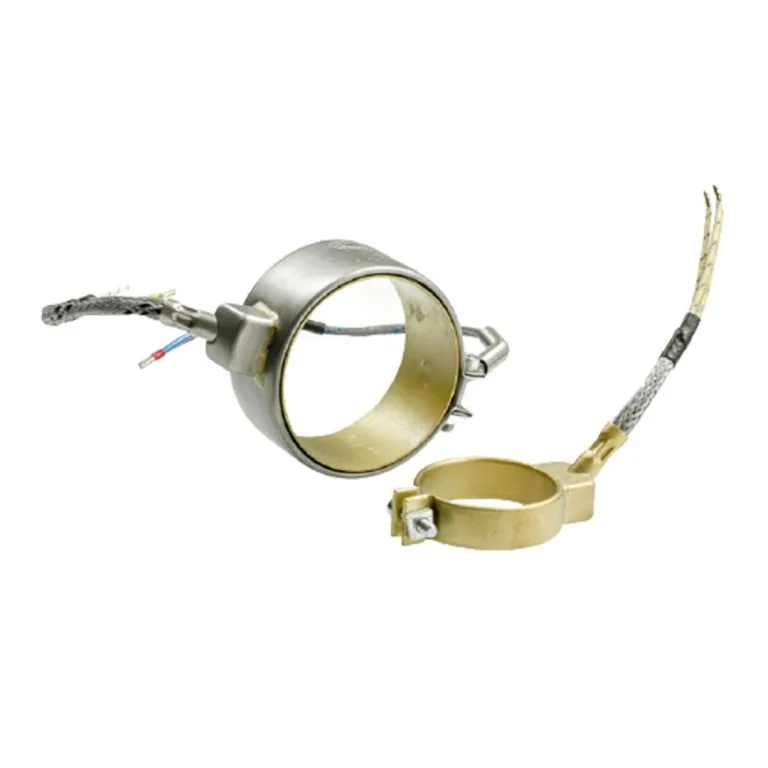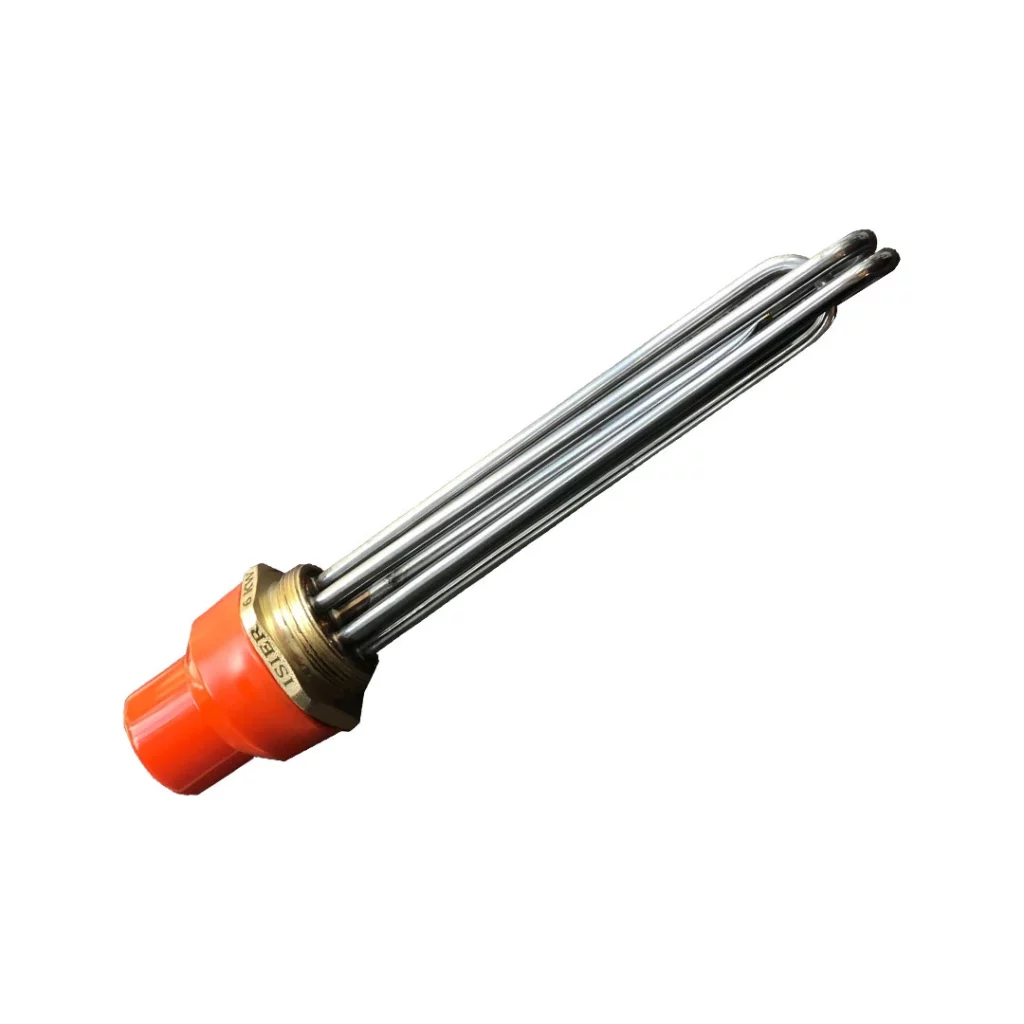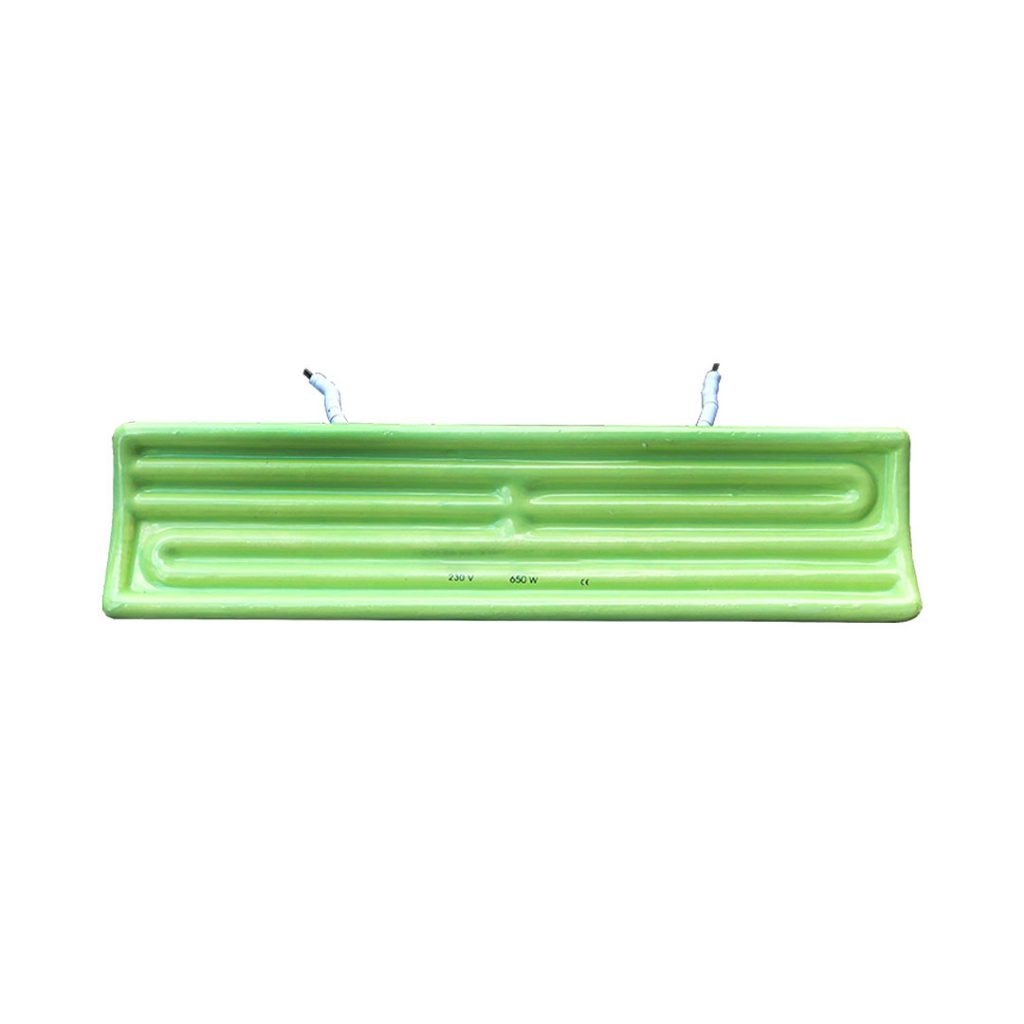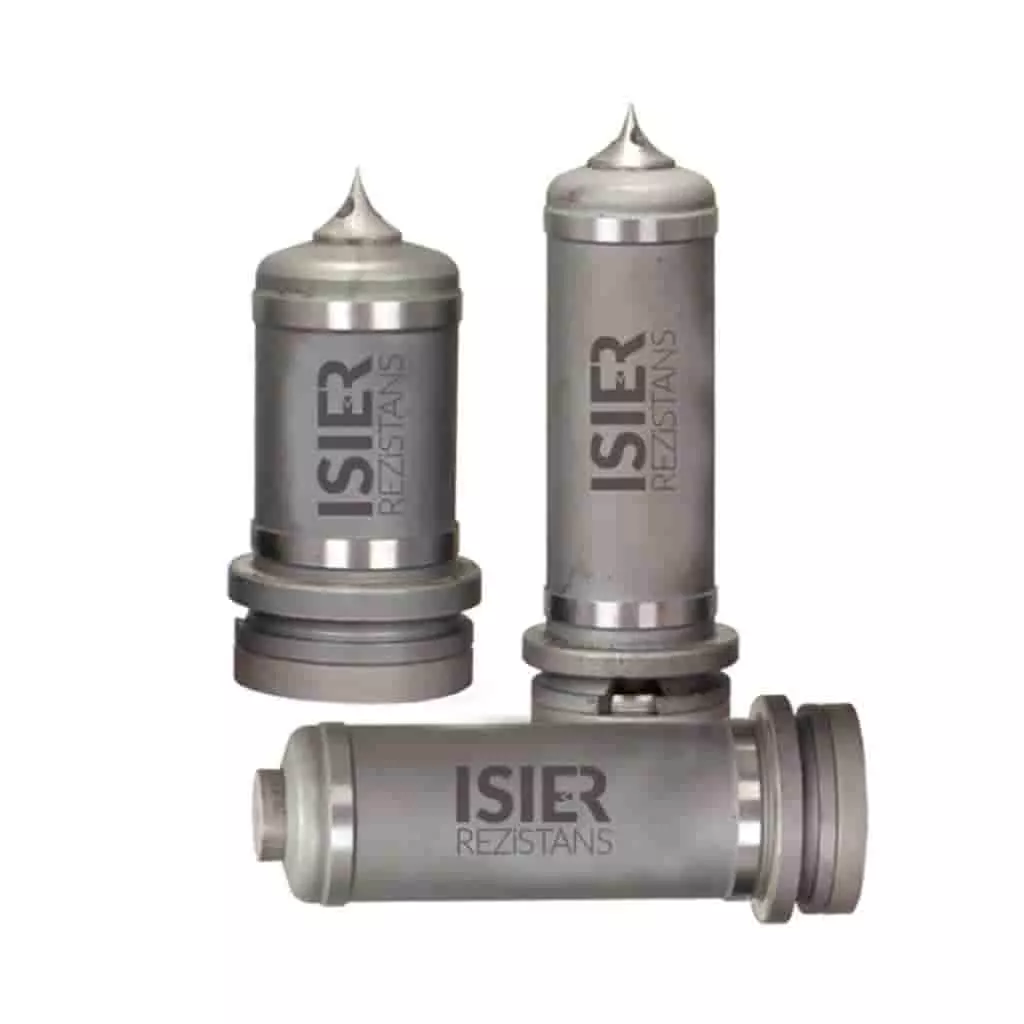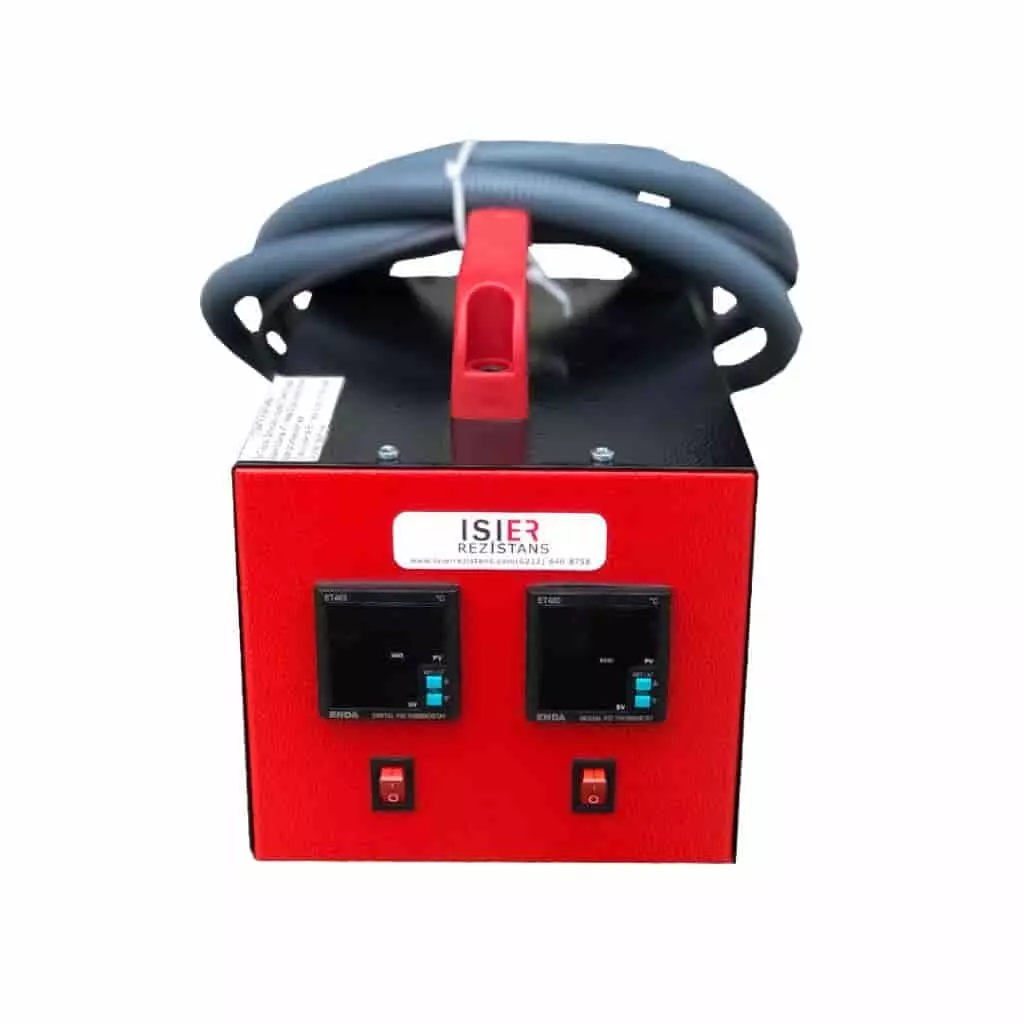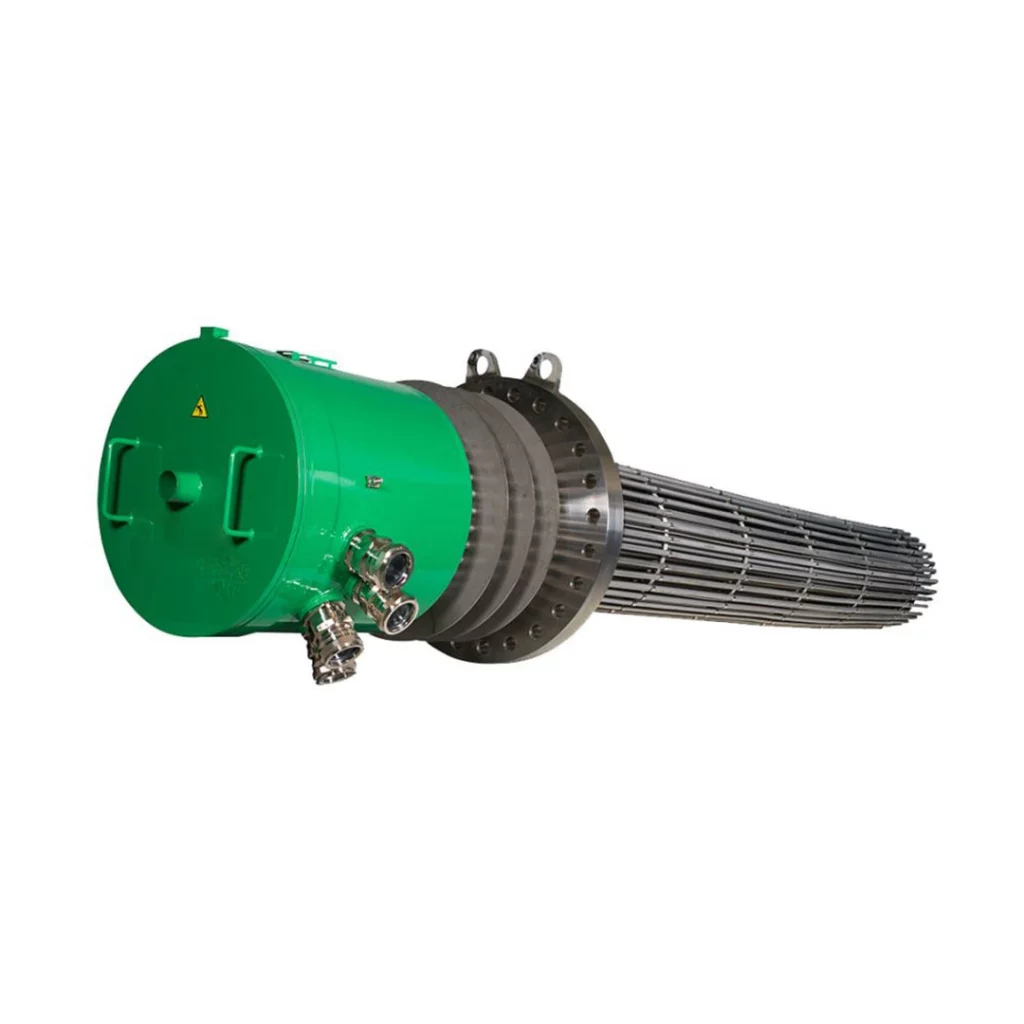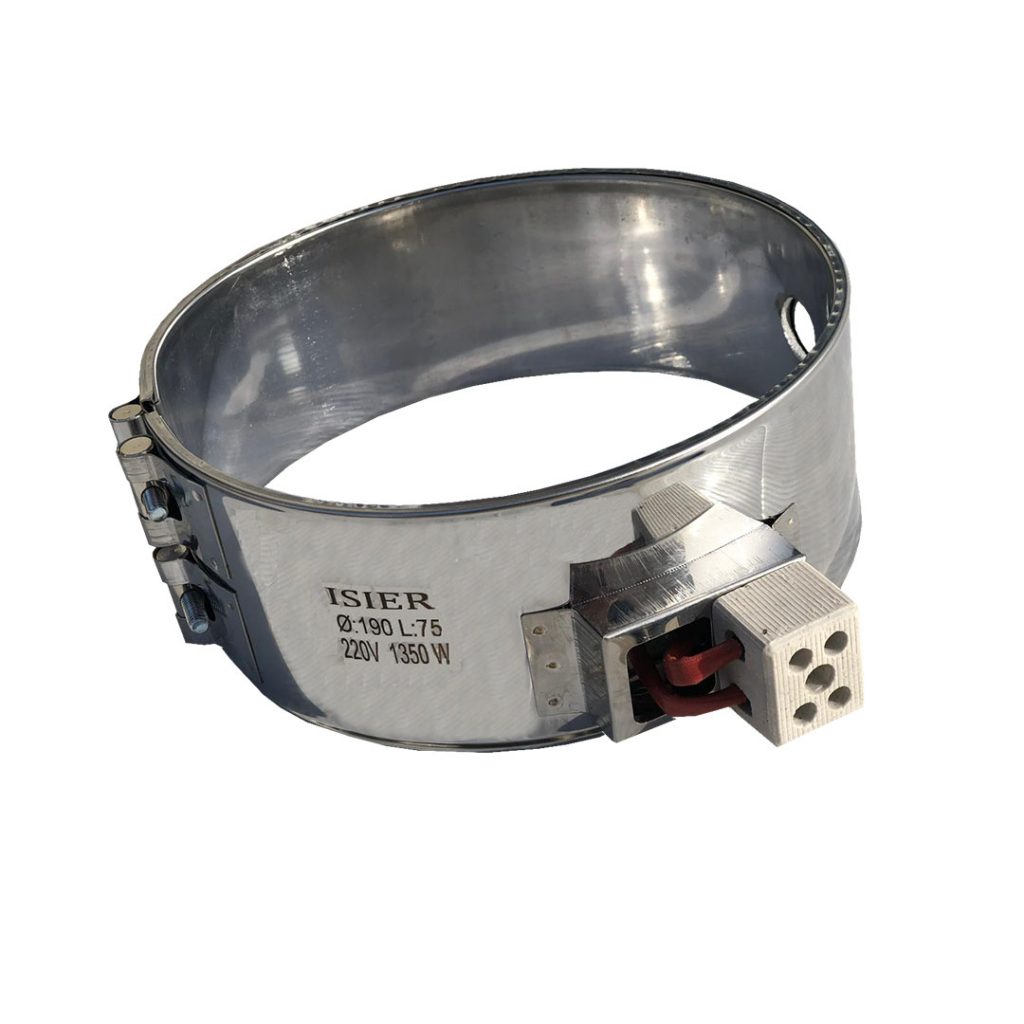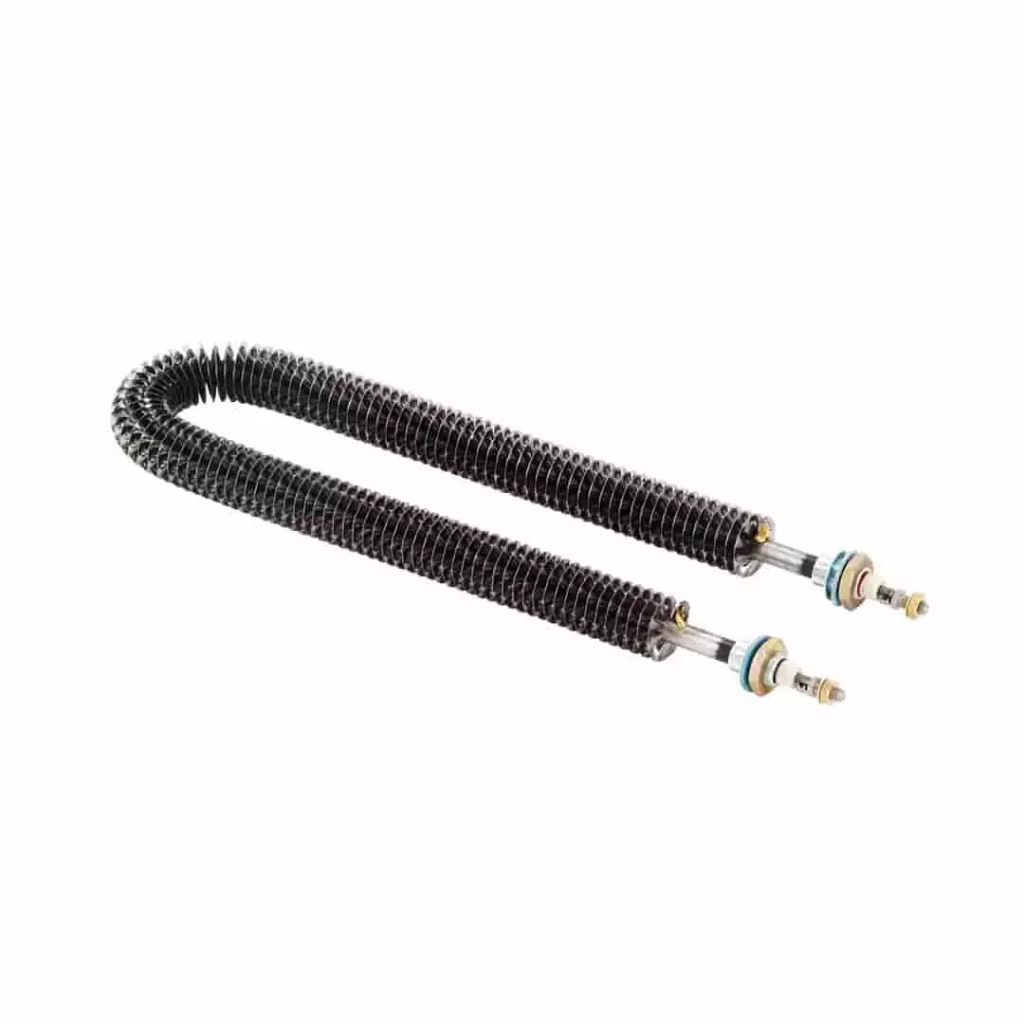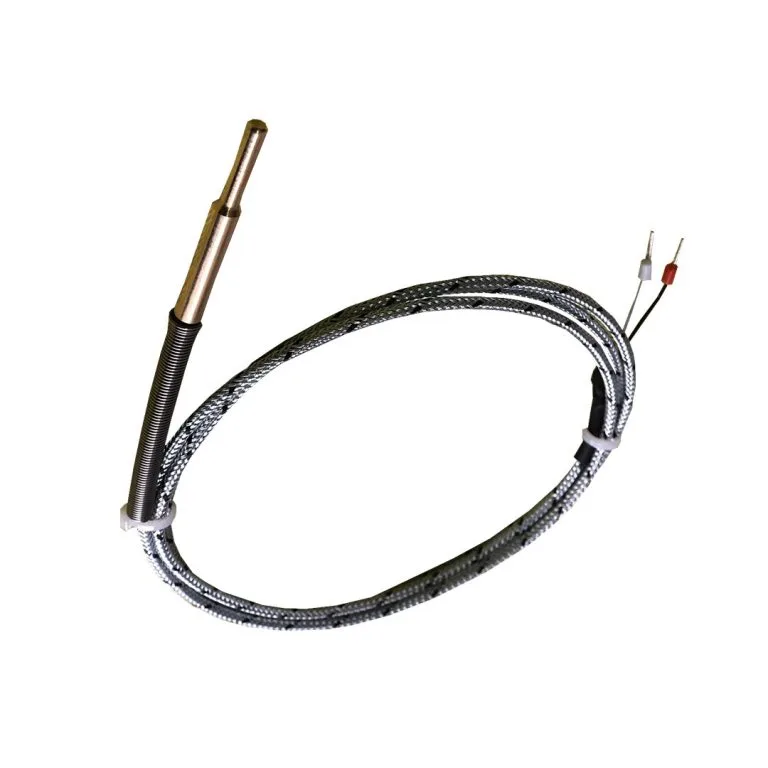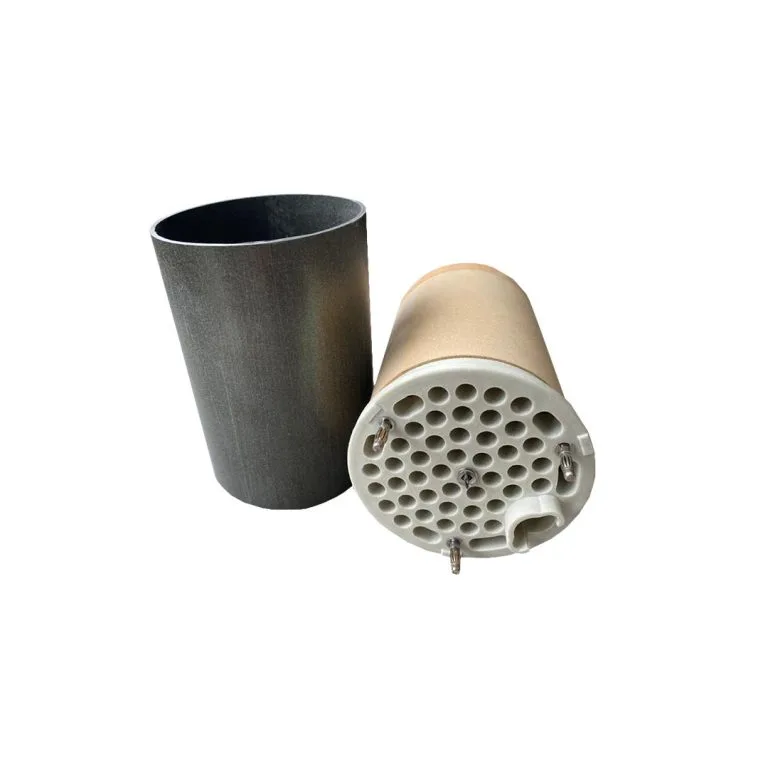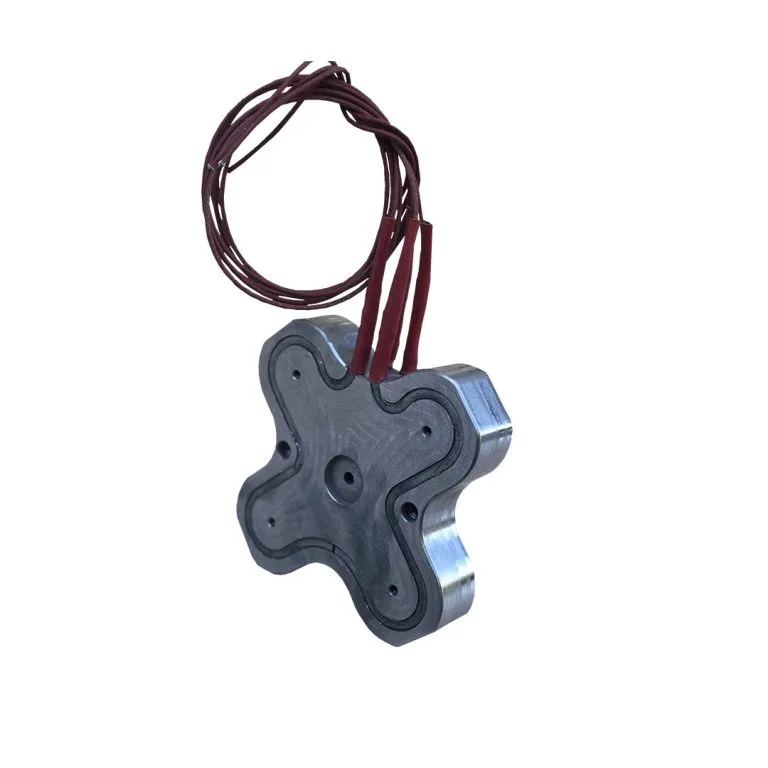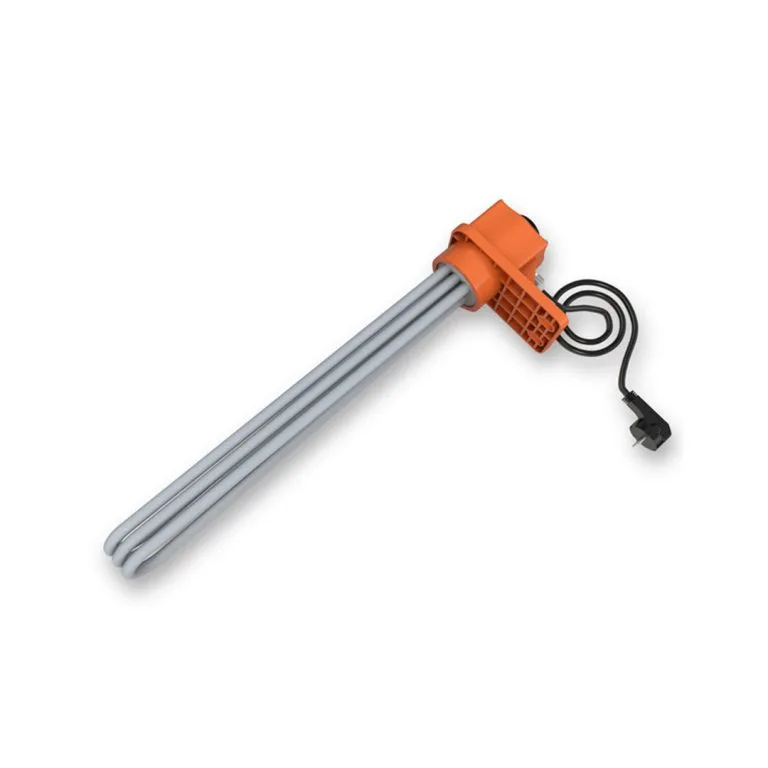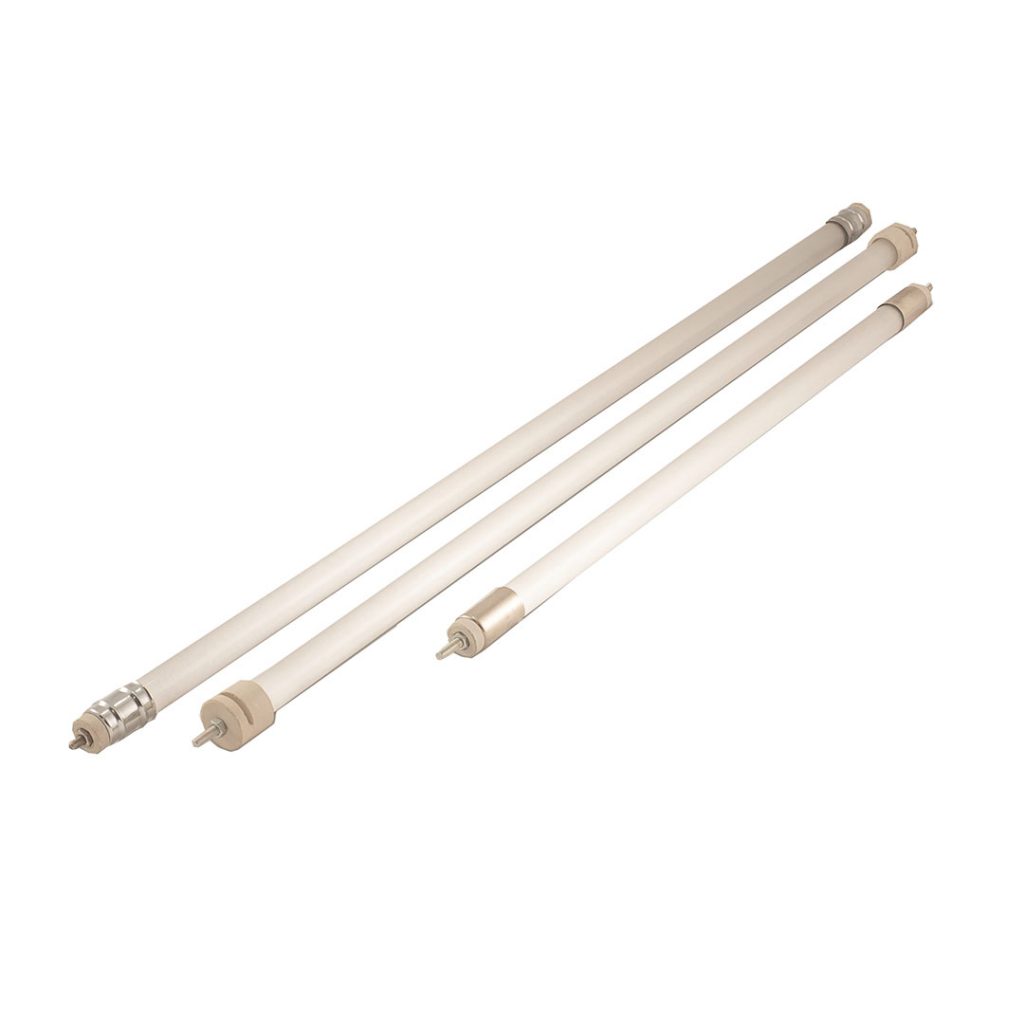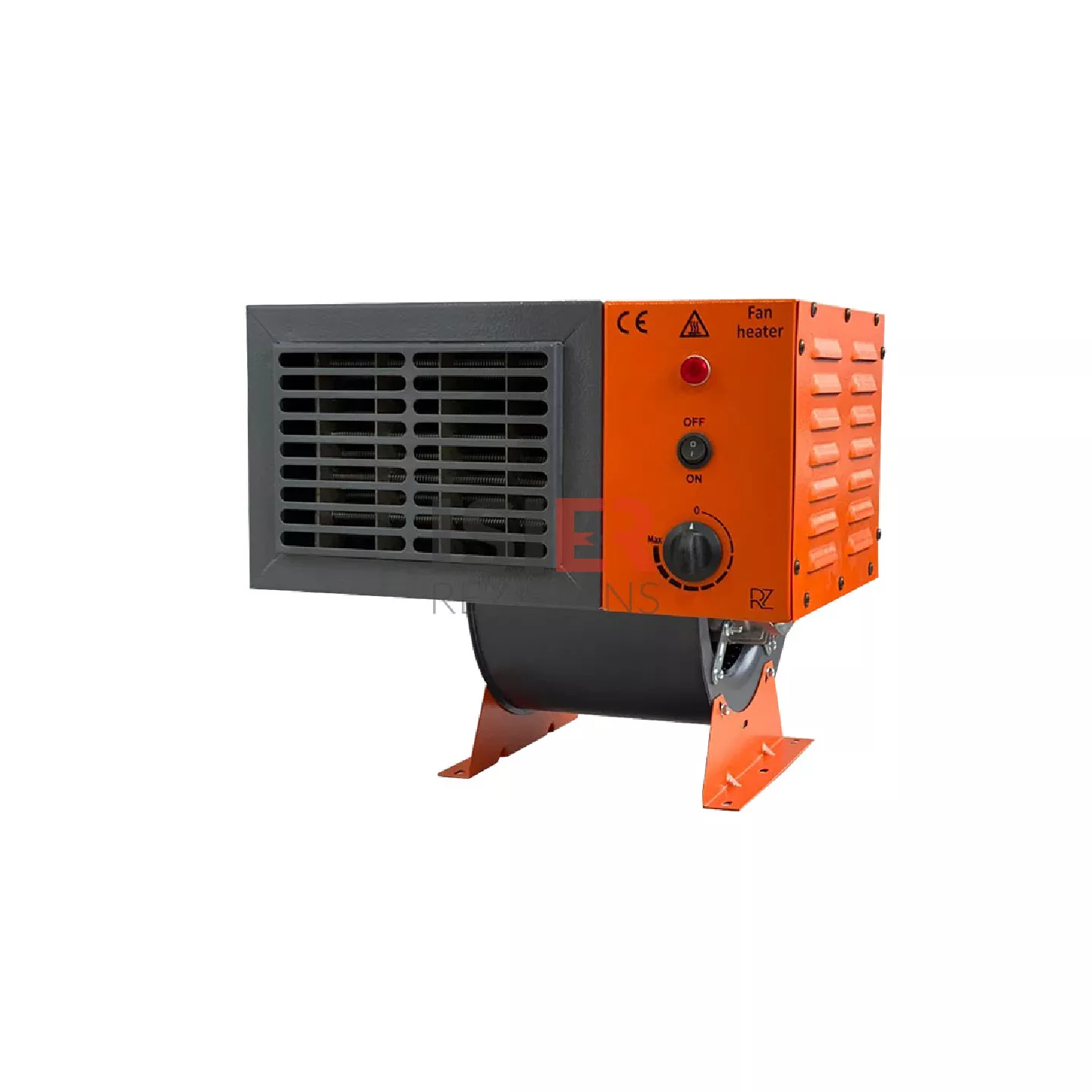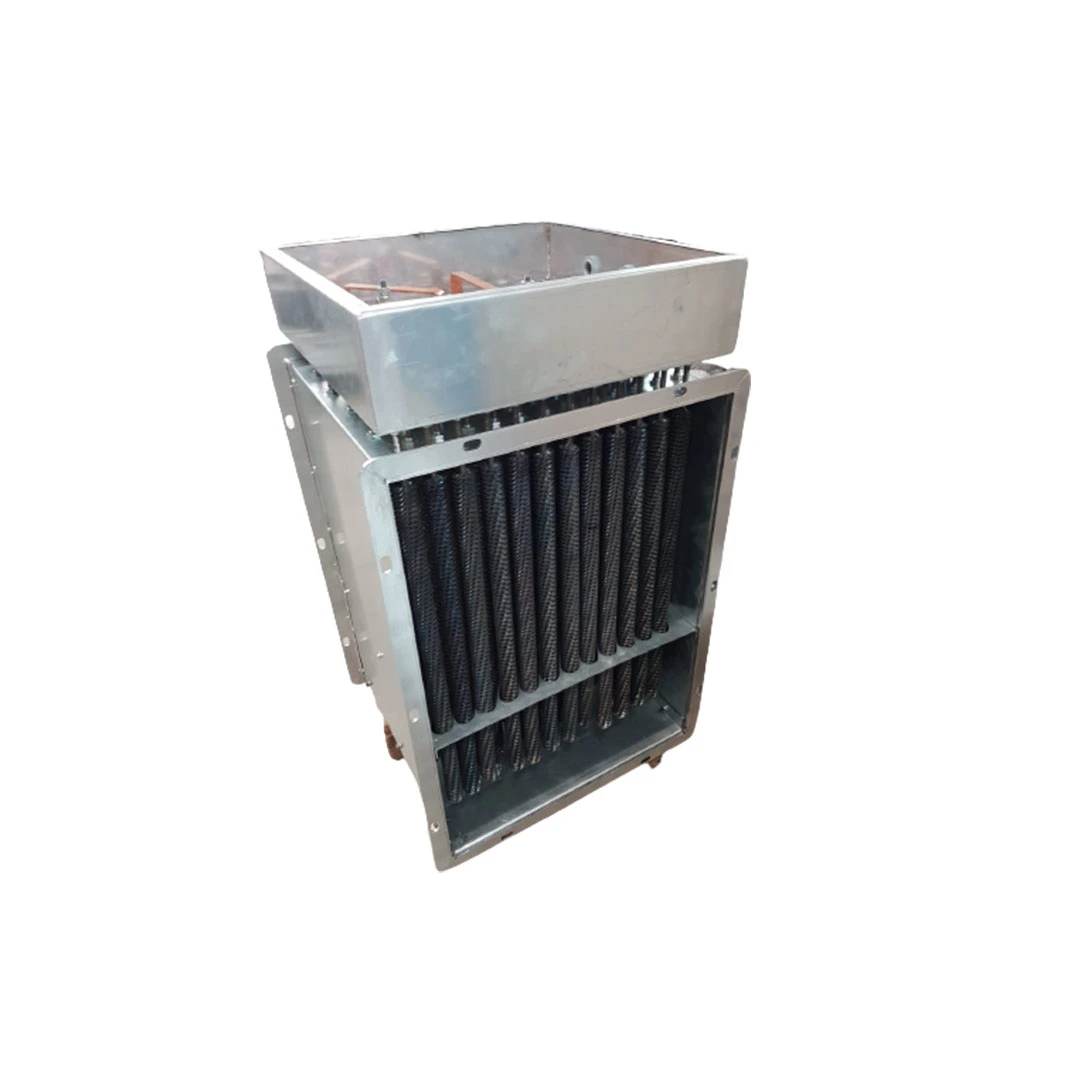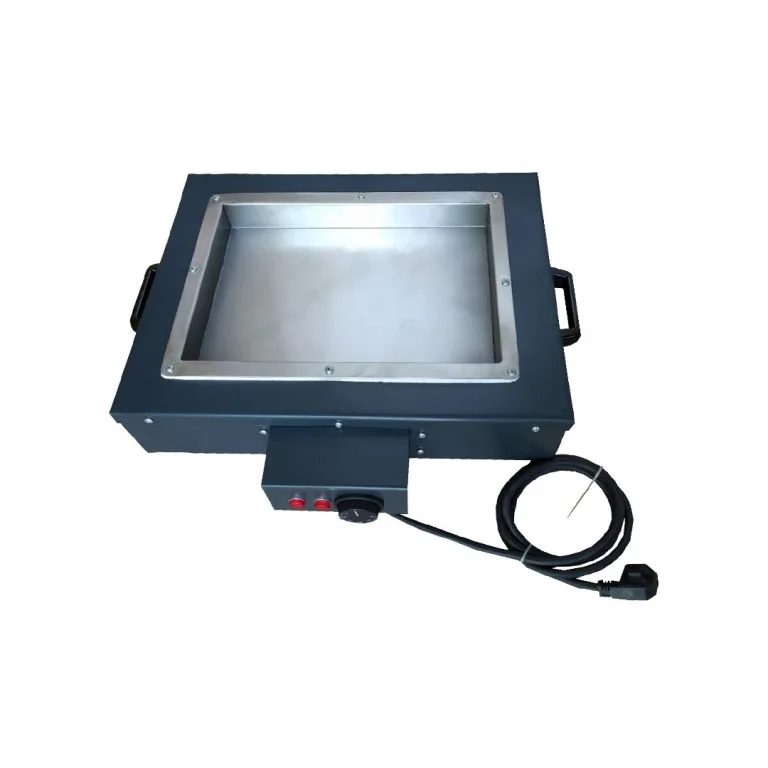Fuel Heaters
In the fuel sector, heaters are commonly used in heating and temperature control applications. These applications are necessary at various points during the storage, transportation, processing, and usage of fuel. Here are some reasons why heaters are used in the fuel sector:
Storage Tanks: Fuel storage tanks can experience increased viscosity when exposed to cold weather conditions. In such cases, heaters, either inside or around the storage tanks, are used to maintain the fluidity of the fuel at low temperatures, reducing the risk of freezing.
Fuel Heating: Heaters can be used to increase the fluidity of fuel in cold climates or storage conditions. This ensures more effective movement of fuel along pump and pipeline systems.
Pump Stations: Fuel pumps and stations, especially when operating in cold temperatures during winter months, may have components that can be heated via heaters. This prevents freezing of pumps and valves, ensuring smooth operation.
Fuel Lines: Fuel transport pipelines are often exposed to various climatic conditions over long distances. Heaters can prevent fuel from freezing in these lines and improve fluidity.
Refineries and Processing Plants: Special heating systems may be required for certain processes and equipment in fuel refineries and processing plants. Heaters in these systems can help maintain specific temperature conditions.
Fuel Tankers and Transportation: Tankers and transport vehicles carrying fuel may have systems that can be heated via heaters when exposed to different climatic conditions. This prevents fuel from freezing during transportation.
Heaters in the fuel sector are typically used as part of specialized heating systems designed to prioritize energy efficiency, safety, and minimizing environmental impacts.
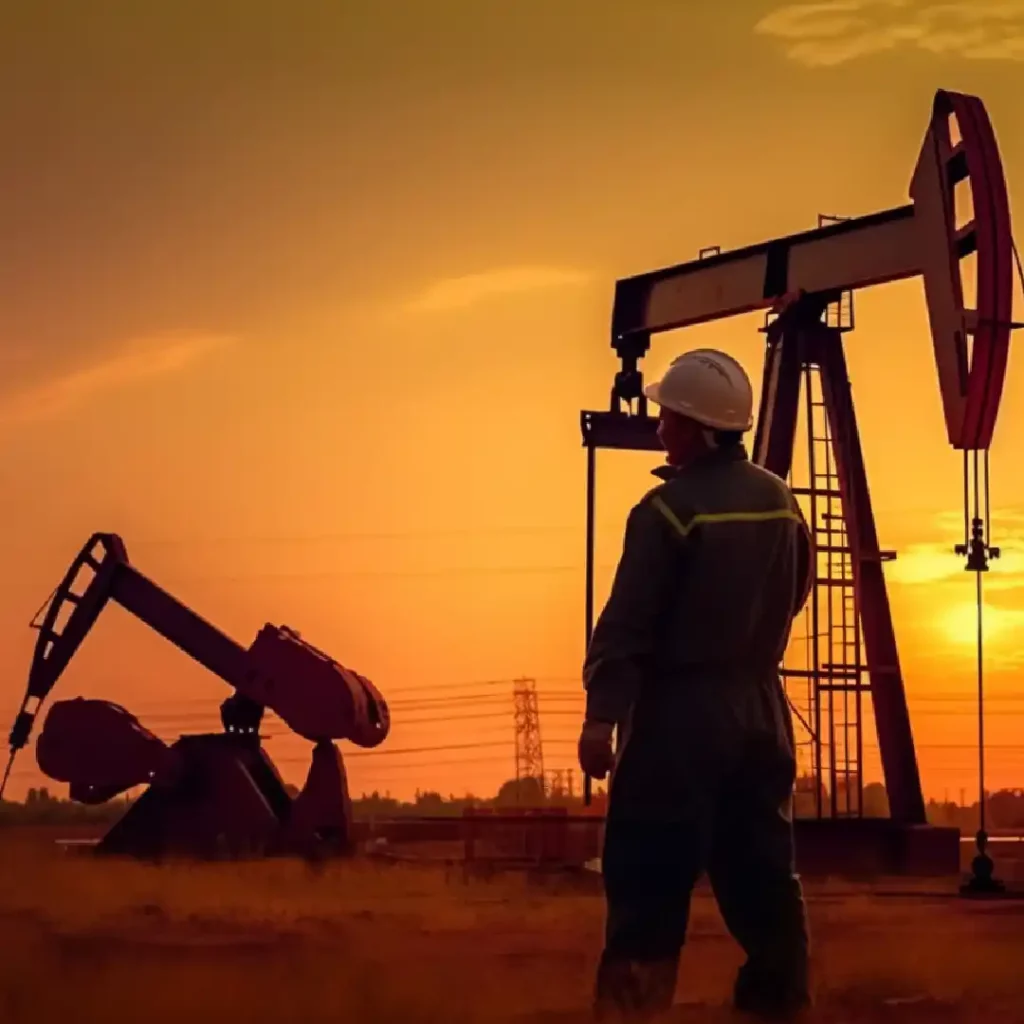
Our Products
Your Solution Partner for All Your Resistance Needs
Technical Specifications of Heaters Used in Fuel Sector
The use of heaters in the fuel and petroleum sector provides a range of significant advantages and applications. Here are some factors that determine the importance of heaters in the fuel and petroleum sector:
Ensuring Fuel Fluidity: In cold climates, the viscosity of fuel can increase, adversely affecting its fluidity. Heaters, when used inside or around storage tanks, pipelines, and pumps, can increase the fluidity of fuel at low temperatures and reduce the risk of freezing.
Utilization in Storage Tanks and Terminals: Heaters in fuel storage tanks and terminals control the temperature of stored fuel, optimizing storage conditions. This preserves the quality of the fuel and improves processing processes.
Climate Control in Tankers and Transport Vehicles: Tankers and transport vehicles carrying fuel can have systems that can be heated via heaters when exposed to different climate conditions, preventing fuel from freezing during transportation.
Application in Refineries and Processing Plants: Heaters can be used in fuel refineries and processing plants for processes requiring temperature sensitivity to control and optimize specific chemical reactions.
Water and Moisture Control: Water and moisture in storage tanks and pipelines can cause various issues, such as corrosion. Heaters help control this water and moisture, extending equipment life.
Efficient and Safe Fuel Usage: Heaters ensure efficient heating of fuel, contributing to more effective combustion and energy savings.
Enhancing System Performance and Reliability: Heaters ensure temperature control in fuel and petroleum processing systems, increasing system performance and reliability, supporting continuous and smooth production processes.
Reducing Operating Costs: Properly designed and utilized heater systems can reduce operating costs. Factors such as energy efficiency and ease of maintenance impact operating costs.
The use of heaters in the fuel and petroleum sector is important for minimizing safety risks, improving efficiency, and reducing environmental impacts. These systems provide a safe and effective heating solution in industrial applications.
Things to Consider When Choosing a Heater in the Fuel Sector
The technical specifications of heaters used in the fuel sector generally vary depending on specific applications and needs. However, the following technical characteristics are generally considered:
Material: Heaters used in the fuel sector are typically made of corrosion-resistant materials such as stainless steel or special nickel-chromium alloys.
Nominal Power (Watt): This specifies the heating capacity of the heater. It should have a power level suitable for fuel storage tanks, pipelines, or other applications.
Nominal Voltage (Volt): This specifies the operating voltage of the heater. It should be compatible with the electrical system of fuel facilities.
Temperature Range: The temperature range in which the heater can operate is important for a specific application. Fuel storage and transportation conditions should be taken into account.
Corrosion Resistance: Due to the substances contained in fuel, heaters must be resistant to corrosion.
Water and Moisture Resistance: Water and moisture can cause problems in places like storage tanks and pipelines. Heaters can help control water and moisture.
IP Protection Class: This determines the resistance of the heater to environmental conditions. If it is to be used outdoors, it should have an appropriate IP protection class.
Mounting and Connection Features: The mounting and connections of the heater affect installation and maintenance processes. Easy mounting and connection can optimize operational processes.
Energy Efficiency: Heater energy efficiency can reduce operating costs. Energy-efficient and performance-optimal heaters are preferred.
Compliance and Safety Standards: Heaters must comply with industry standards and have the necessary safety certifications.
Control and Regulation Capabilities: Temperature control and regulation capabilities may be important in some applications. In such cases, heaters should be able to be integrated with suitable sensors and control systems.
These features are important factors determining the reliability, durability, and performance of heaters used in the fuel sector. The right heater should be chosen considering application requirements and operating conditions.
Flanged and Exproof Heaters in Fuel Sector
Flanged Heaters:
Flanged heaters are typically used for heating fuel in tanks, pipelines, and other closed systems. The flange is a part that facilitates the mounting and connection of the heater. These types of heaters can be preferred for both internal and external tank mounting.
Technical Specifications:
Usually made of stainless steel or special alloys.
The flange enables the heater to be connected to the tank or pipeline.
Models suitable for high-power applications are available.
Different options for nominal power and voltage may be available.
It should have an appropriate IP protection class.
Ex-Proof (Explosion-Proof) Heaters:
Ex-proof heaters are designed to be used in areas with a risk of explosion. They can be safely used in areas with a high risk of explosion in the fuel and petroleum industry. These heaters have a special structure that is resistant to explosions.
Technical Specifications:
Made of explosion-resistant materials.
Minimizes the risk of explosion with special sealing and gasket systems.
Should have ATEX (ATmospheres EXplosibles) certifications.
Different options for nominal power and voltage may be available.
Must be resistant to operating temperature and pressure conditions.
These two types of heaters are designed to provide safe and effective heating solutions in the fuel sector. If working in areas with a high risk of explosion in fuel facilities, ex-proof heaters should be preferred. The selection of both types of heaters should be made considering specific application requirements and compliance with local safety standards.







